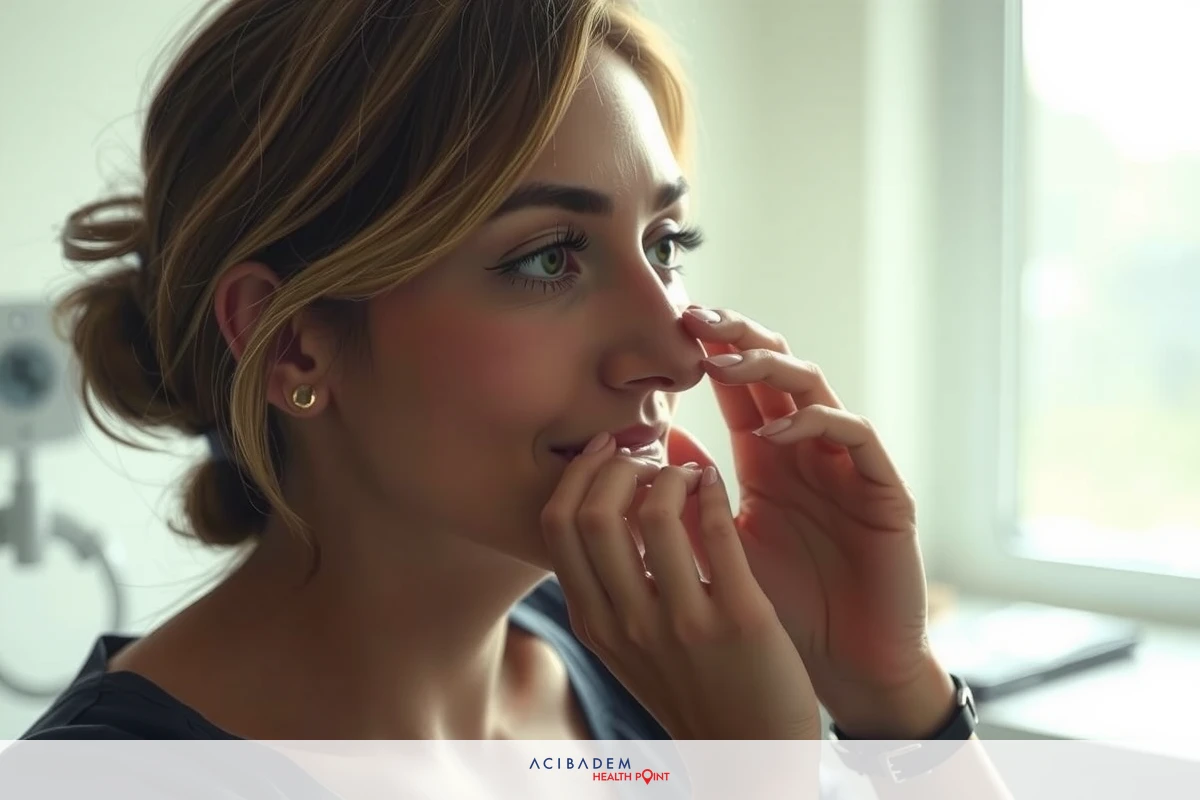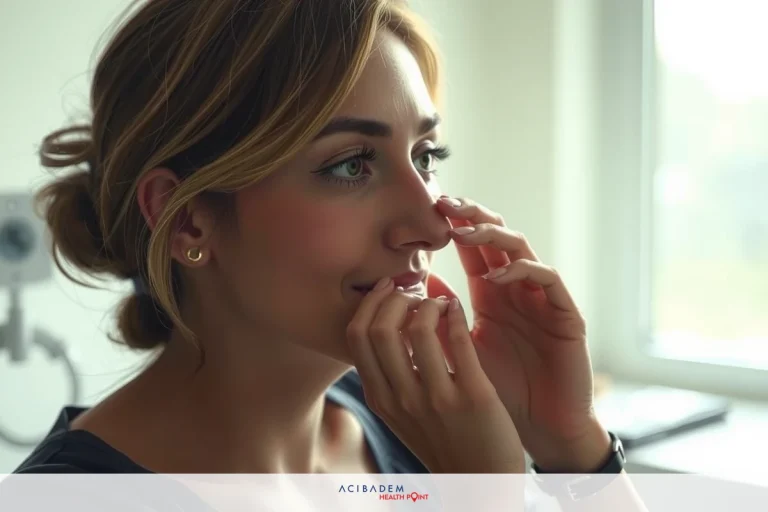When Can I Take a Bath After Rhinoplasty
When Can I Take a Bath After Rhinoplasty Rhinoplasty often leaves patients grappling with post-operative care questions. One such question revolves around bathing practices following the procedure. Is it safe to take a bath immediately? If not, how long should one wait?
The journey towards recovery after rhinoplasty is detailed and delicate just like the surgical process itself. Each step needs careful attention – including everyday activities like bathing which suddenly transform into tasks demanding thoughtful consideration and precise timing. Understanding when to reintegrate regular routines such as bathing plays an essential role in ensuring optimal recovery without jeopardizing the results of your rhinoplasty.
When Can I Take a Bath After Rhinoplasty Immediate Post-Operative Care
When discussing the immediate post-operative care following rhinoplasty, a key aspect to consider is bathing. Bathing after any surgical procedure warrants caution and rhinoplasty is no exception. The first 24 hours are particularly crucial in maintaining cleanliness while avoiding potential hazards that could interfere with recovery. Patients should take into account that their bodies have just undergone an invasive operation.
During this initial period, it’s often recommended to avoid full-body showers or baths altogether. Why? Water can potentially seep into the nasal area causing discomfort or even complications such as infections which can pose significant threats to nose surgery recovery. Moreover, direct water pressure on the face might result in increased swelling – something we definitely want to evade during this sensitive time.
So how does one maintain hygiene without taking regular baths you may wonder? Sponge baths come highly advised immediately after a rhinoplasty procedure due to their controlled nature of cleaning while preventing water from reaching the operated area. Remember, your surgeon will provide personalized guidelines based on factors specific to your case like health condition and complexity of operation among others.
As days pass by and healing progresses, patients typically find themselves more capable of managing regular activities including bathing under certain restrictions though. For instance, hot showers remain off-limits for a few weeks as they might cause enhanced facial redness and swelling due its vasodilatory effect.
Lastly but importantly too is safeguarding against accidental slips or falls in bathrooms which can have serious implications on both general health and specifically towards achieving successful results from your rhinoplasty! Hence utmost care remains paramount throughout not only during bath times but all through this recovery timeline from nose surgery.
Recovery Timeline for Bathing
In the journey of post-rhinoplasty recovery, it’s essential to understand when normal bathing routines can be safely resumed. This timeline varies from individual to individual but there exist general guidelines most patients follow. It’s crucial not only for comfort and cleanliness, but also for ensuring a smooth rhinoplasty recovery.
The initial days after surgery demand utmost care where traditional baths are replaced by sponge baths. Typically within the first days, once the nasal packings and dressings are removed by your surgeon, you may start showering with caution. The key is to ensure that water doesn’t forcefully hit your face as this could lead to discomfort or even complications in some cases.
After one week: Showers are permissible given they’re lukewarm and not too hot so as not exacerbate swelling or cause dizziness.
From weeks two to three: You would still need to avoid submerging your nose underwater meaning activities like

swimming remain off-limits.
Around four weeks post-operation: Most restrictions on bathing routines get lifted including taking hot showers and diving into pools if surgical healing has progressed satisfactorily without any complications.
Remember though everyone heals at their own pace – these timelines serve more as an approximate guide than strict rules engraved in stone! Always consult with your healthcare provider before making changes to your routine during this sensitive period of rhinoplasty recovery timeline.
Tips for Safe Bathing
Bathing after rhinoplasty requires a level of care and precision to ensure safety during the recovery process. Here, we delve into tips that can help make bathing not only safe but also comfortable during your journey towards complete healing.
Stay Upright: Always remember to keep your head elevated even while showering, especially in the first few days post-surgery. This helps decrease swelling and minimizes chances of any discomfort.
Avoid Hot Water: As mentioned before, hot water might cause increased facial redness or swelling due to its vasodilatory effect. Stick with lukewarm or cool showers until you’re cleared by your surgeon.
Shower Assistance: Consider having someone nearby when taking showers in the initial period following surgery as dizziness is not uncommon during this time which could potentially lead to slips or falls.
Protect Your Nose: You may wish to use an adhesive plastic cover over the nose area while showering within the first week post-operation. However, do consult with your healthcare provider before applying anything on surgical site. No Forceful Blowing of Nose: It’s crucial not blow your nose forcefully at least for several weeks after surgery – more so when bathing since it’s easy for water droplets get into nasal passages causing urge blow them out!
Always prioritize safety and comfort above all else while ensuring hygiene through appropriate bathing practices. Remember too every patient’s recovery timeline differs – what works best for one person may not necessarily be ideal another! Hence always consult with your medical professional before implementing changes to post-operative care routines including those related bath times following rhinoplasty!
Frequently Asked Questions
When can I take a complete bath after rhinoplasty?
Most surgeons advise against taking full-on baths or showers within the first days following surgery. The potential risk of water entering nasal passages and causing complications makes sponge baths a safer alternative during this period.
Can hot showers damage my recovery from rhinoplasty?
Hot showers, especially those that produce steam, can increase facial swelling which is not desirable in the immediate aftermath of a nose job. It's usually recommended to stick with lukewarm or cool showers until your surgeon gives you the all-clear.
How long will it be before I can go swimming post-rhinoplasty?
Swimming often implies submerging your head under water which isn't advised for at least 3-4 weeks post-surgery as it could potentially impact healing negatively. Always consult with your healthcare provider before resuming such activities. Remember every individual's recovery journey varies - these answers serve more as general guidelines rather than absolute rules applicable to everyone!











